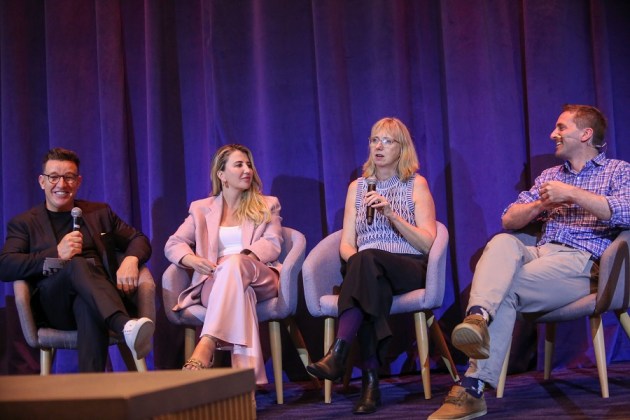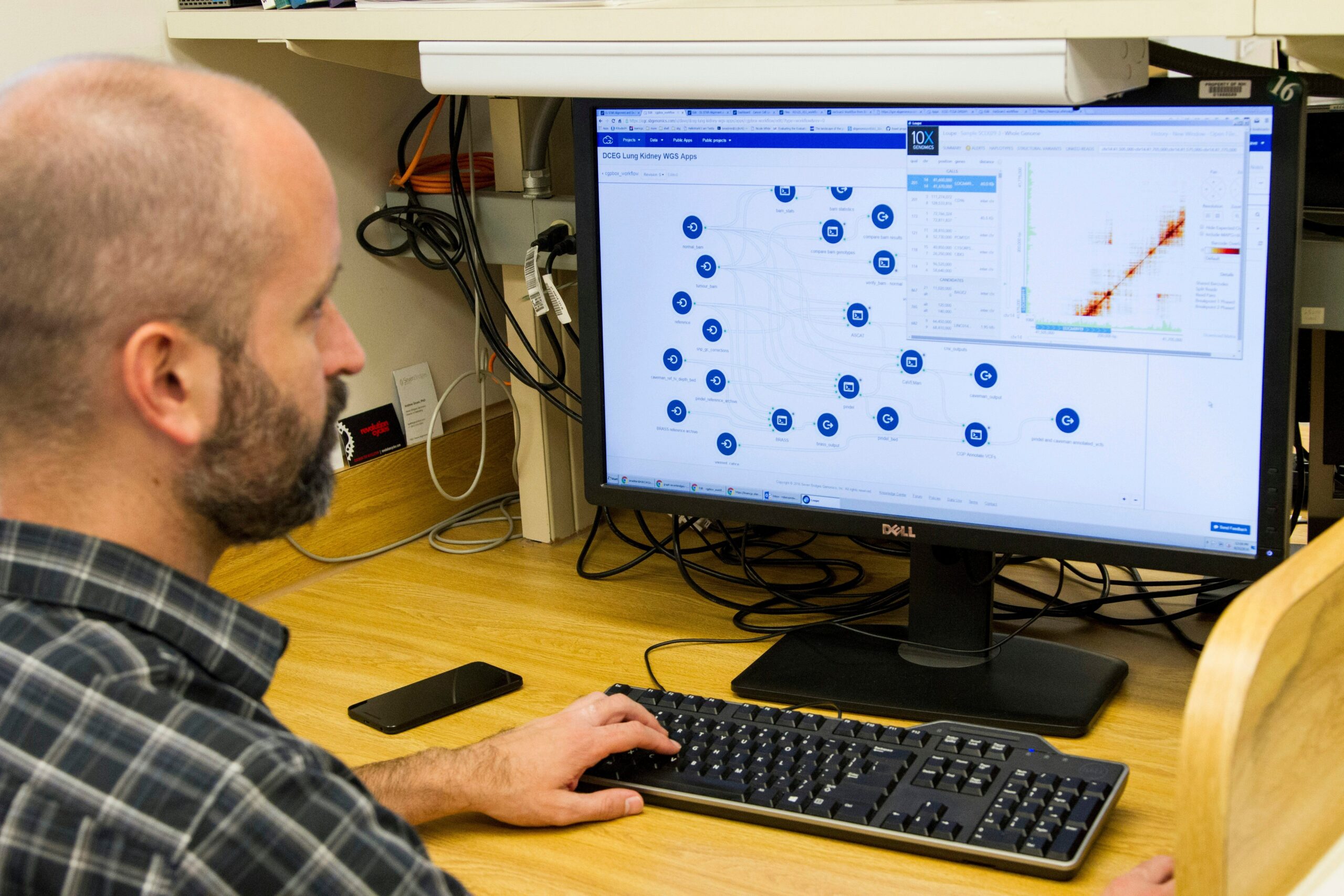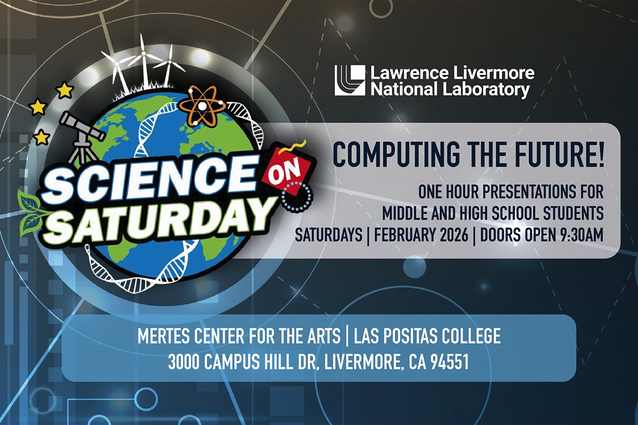
Independent media agencies from across the globe gathered in Sydney for the inaugural Fast.Future.Present. conference, hosted by the Independent Media Agencies of Australia (IMAA). The event, which took place last week, attracted over 400 attendees and 45 media partners, marking a significant milestone in the media industry’s calendar.
Supported by News Australia and QBE, the conference featured a series of business briefings and networking sessions. A highlight of the event was futurist Anders Sörman-Nilsson’s keynote, where he delved into the transformative trends of artificial intelligence (AI) impacting marketing, consumer behavior, and media strategies.
AI and the Future of Independent Agencies
Sörman-Nilsson addressed the audience, highlighting the challenges and opportunities faced by independent agencies amidst converging disruptions such as AI automation, in-house pressures, and rapidly evolving consumer behaviors.
“Independent agencies face converging disruptions: AI automation, in-house pressure and rapidly shifting consumer behaviour,” Sörman-Nilsson said. “But these forces create unprecedented opportunities for nimble indies who understand what’s next.”
His session emphasized the importance of predictive, context-aware technology, the rise of algorithmic consumers, and the necessity for agencies to maintain human connections in an increasingly AI-driven world.
Insights from Industry Leaders
Mark Byrne, founder of Headspring, also took the stage to discuss the findings from Microsoft’s 2025 Work Trends Index, revealing that 75% of Australian office workers now incorporate generative AI into their daily tasks. Byrne cautioned against potential pitfalls such as data leakage and decreased productivity, urging agencies to transition from mere adoption to achieving tangible impacts.
Byrne warned of risks including data leakage, diminished productivity and what he labelled “workslop”, and urged agencies to move from adoption to real impact.
Social Media: The New Frontier for Search
A panel discussion titled Is social the new search? explored how platforms like TikTok, Pinterest, Facebook, and Instagram are revolutionizing product and service discovery. Moderated by Vonnimedia’s Veronica Cremen, the panel included insights from Nhi Le (TikTok), Natasa Tintor (Pinterest), and Kristy Barclay-Allen (Meta).
“This is about consumers tapping into their online networks to discover new businesses, creators and communities they love,” Barclay-Allen said. “It’s transforming search from a simple information retrieval tool into a powerful, personalised and community-centric discovery engine.”
Le highlighted a 40% increase in daily searches on TikTok globally, emphasizing the platform’s role in transforming entertainment into a discovery tool where user intent is organically generated through scrolling.
Looking Ahead: The Future of Media
The conference concluded with a session on the future of media, featuring insights from IAB’s Gai Le Roy, Mark Byrne, and News Australia’s Jessica Gilby. Ian Paterson of News Australia praised the event as a “fantastic success,” noting Gilby’s insights on the emerging opportunities at the intersection of content, technology, and audience connection.
News Australia’s Ian Paterson called the event “a fantastic success and a real credit to the IMAA team”, adding that Gilby’s insights highlighted “opportunities emerging at the intersection of content, technology and audience connection”.
IMAA CEO Sam Buchanan reflected on the conference’s success, emphasizing its role in providing exclusive insights to help agencies shape their strategies for the future.
“Our first-ever Fast.Future.Present. conference was a significant moment for our industry,” Buchanan said. “The sheer number of attendees and the incredible support from our media partners is a testament to the strong interest in the future of the sector and what’s to come for indie agencies.”
The event underscores a pivotal moment for independent media agencies as they navigate the rapidly changing landscape, armed with the insights and strategies needed to thrive in the coming years.







